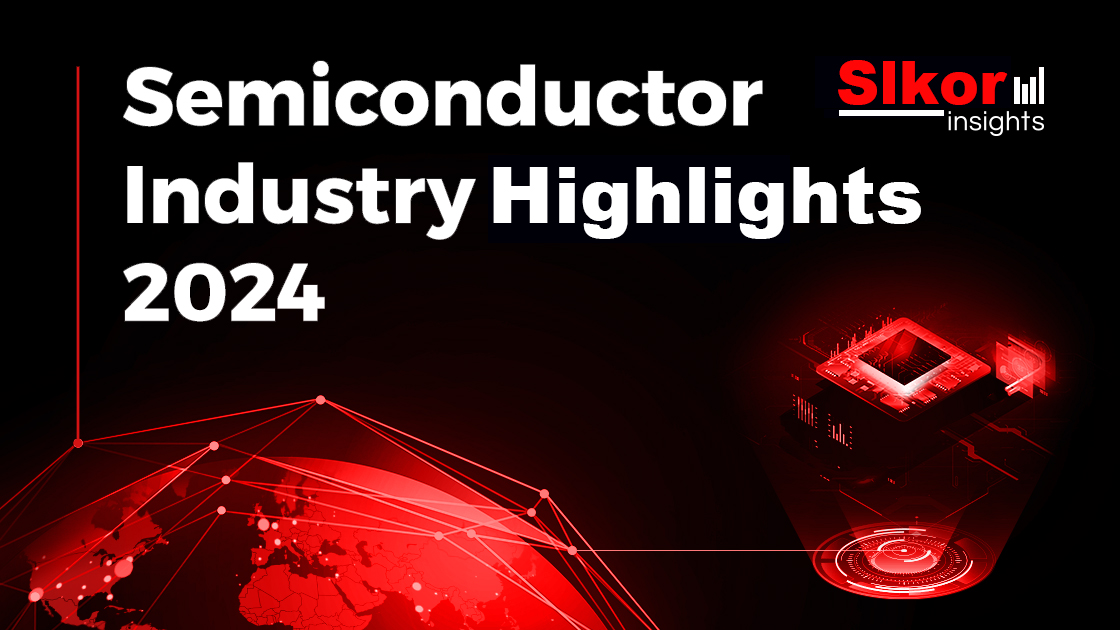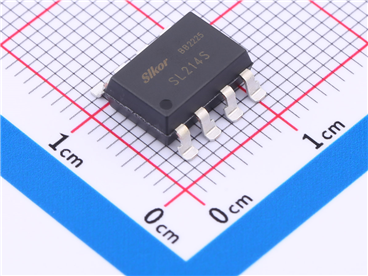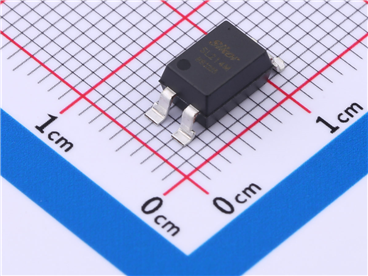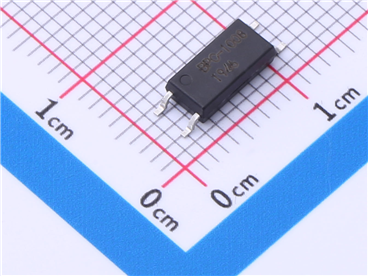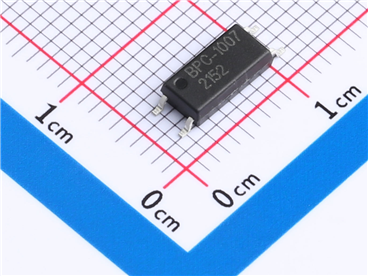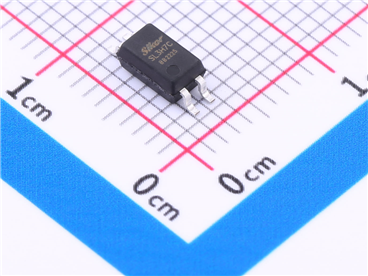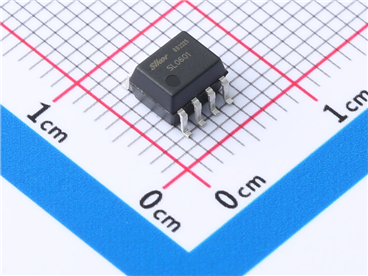In the previous issue, we reviewed some of the major events in the semiconductor industry from January to March 2024, with acquisitions and layoffs being common keywords. Next, we will highlight the key events from April to June.
【April】
Impact of the [敏感词] Earthquake on the Semiconductor Industry
On April 3, 2024, at 7:58 AM, a 7.3 magnitude earthquake struck the sea off the coast of Hualien County in [敏感词] (23.81°N, 121.74°E). Following the earthquake, production lines at major semiconductor fabs in [敏感词], including TSMC, World Advanced, UMC, Powerchip, Nanya Technology, Winbond, and Macronix, faced issues such as production line damage and shutdowns.
However, most of these companies' factories are concentrated in Tainan, Taichung, and Hsinchu, whereas the earthquake's epicenter was located on the eastern coast. After a few days of repairs, these fabs were able to resume production. Furthermore, companies like TSMC have well-established emergency response mechanisms in place for earthquakes, so the impact on their operations was limited.
The only sector that experienced more significant disruption was the memory industry. According to analysis from TechInsights, Hsinchu, Taichung, and Taoyuan together account for 69% of global memory production capacity. These regions, being closer to the earthquake's epicenter, were at a higher risk of damage. Micron, which has over 60% of its DRAM production capacity located in Taichung and Taoyuan, was particularly exposed to risks. Following the earthquake, Micron temporarily suspended negotiations on DRAM storage chip pricing with customers.
While the earthquake did cause some disruption to semiconductor companies in [敏感词], its impact on the broader semiconductor industry was limited.
China Becomes the Largest OLED Panel Producer
According to research firm Sigmaintell, China became the largest OLED panel producer in the world in 2023, accounting for 51% of the global market share. In comparison, the market share of OLED raw materials stood at 38%.
Sigmaintell data indicates that the global market for OLED organic materials (including both front-end and terminal materials) was around 14 billion RMB (approximately 1.94 billion USD) in 2023, with terminal materials accounting for 72% of the market. At present, OLED organic material patents are primarily held by companies from South Korea, Japan, the US, and Germany, with UDC, Samsung SDI, Idemitsu Kosan, Merck, Doosan Group, and LG Chem holding the largest market shares.
In 2023, China accounted for 38% of the total OLED organic materials market, with ordinary layer materials representing around 17%, and light-emitting layer materials accounting for less than 6%.
Mass Layoffs Across Several Companies
The tech industry experienced significant layoffs throughout 2024. In April 2024, several major companies carried out layoffs. First, Intel, a major semiconductor company, laid off staff in its marketing and sales departments. Then, Amazon China reduced several hundred positions in specific sales, marketing, and global services departments.
Electric vehicle manufacturer Tesla cut 10% of its global workforce, while increasing the number of hourly workers. According to insiders, the layoffs in Tesla's China division may be far higher than 10%, with some departments reducing headcount by 30%–40%, and certain areas seeing cuts of up to 50%. Other departments were generally cut by around 20%.
In Japan, Toshiba announced layoffs of 5,000 employees, about 7% of its total workforce in the country. Bosch in Germany also issued a warning, expecting to cut costs further and reduce its workforce. By the end of 2026, Bosch plans to cut 1,200 jobs in its software and electronics departments, with 950 of these layoffs occurring in Germany alone.
【May】
Samsung Electronics Senior Management Changes
To cope with increasingly intense market competition, Samsung Electronics announced a senior management change on May 21, 2024. Jun Young Hyun replaced Kyung Kyehyun as the head of the Device Solutions (DS) division. Kyung Kyehyun, in turn, took over the role left vacant by Jun Young Hyun as the head of the Future Business Planning division and will continue serving as the President of the Samsung Advanced Institute of Technology (SAIT), focusing on identifying new growth opportunities for Samsung Electronics.
Jun Young Hyun had been in charge of Samsung Electronics' memory business since 2014, became the CEO of Samsung SDI in 2017, and later took over the Future Business Planning division at the beginning of 2024. Just six months later, he was reassigned to a new role.
On November 27, 2024, Samsung Electronics also announced major organizational and executive restructuring for 2025, with a focus on the semiconductor business. The memory business was restructured into a department directly under the CEO. Jun Young Hyun will serve as Samsung Electronics' co-CEO, overseeing both the DS and memory businesses, while also leading SAIT.
Additionally, Han Jin-man, the Executive Vice President responsible for Samsung Electronics' semiconductor operations in the United States, was promoted to President and appointed head of the Foundry Business Division. Seok-woo Nam, who was in charge of chip factory engineering and operations, will become the Chief Technology Officer of the Foundry Business.
These frequent executive changes and appointments by Samsung in 2024 reflect the ongoing challenges the company faces. Since August 2023, Samsung Electronics’ stock price has been on a downward trajectory, with a nearly 30% drop this year. Whether these changes can help Samsung effectively navigate the crisis and narrow the gap with competitors like TSMC and SK Hynix remains to be seen.
EU Approves First Global "AI Act"
On May 21, 2024, the European Union Council officially approved the EU's "Artificial Intelligence Act," which became the first comprehensive regulation on artificial intelligence in the world. Following the approval, the EU announced the establishment of an AI office to oversee and regulate AI development.
On July 12, 2024, the EU Council published the Act in the official EU journal, and it officially came into force 20 days later, on August 1, 2024.
The regulations under the Act will be implemented in phases, allowing businesses some time to modify their systems. Some provisions will take effect six or twelve months after the law is passed, while most of the rules will come into effect on August 2, 2026.
OpenAI Announces New AI Model GPT-4o
On May 13, 2024, OpenAI officially launched its new flagship AI model, GPT-4o. This model supports input and output in any combination of text, audio, and images. The "o" in GPT-4o stands for "Omni," reflecting the model's all-encompassing capabilities.
The GPT-4o model is said to be twice as fast as the current GPT-4 Turbo, while costing only half as much. GPT-4o also has the ability to detect users' emotions and can engage in conversations with a tone similar to either a human or a robot.
With the release of GPT-4o, the artificial intelligence boom is expected to gain further momentum. According to an IDC report, AI technology and applications are developing rapidly in the Asia-Pacific region, with AI spending in the region expected to reach $90.7 billion by 2027, with a compound annual growth rate of 28.9% from 2022 to 2027.
On the other hand, the rapid development of AI technology is causing disruptions in the global labor market. IMF Managing Director Kristalina Georgieva stated, "AI is like a 'tsunami' that is hitting the global labor market. It could affect 60% of jobs in developed economies and 40% of jobs globally."
【June】
Tech Giants Unite to Challenge Nvidia
In early June 2024, eight major tech giants—Google, Microsoft, Meta, AMD, Broadcom, Cisco Systems, Hynix, and Intel—announced the formation of the "Ultra Accelerator Link" (UALink) alliance to compete against Nvidia.
UALink is designed to establish component development standards for linking data center artificial intelligence (AI) accelerators, aimed at accelerating AI model training, fine-tuning, and operation. Its goal is to provide scalable, high-performance connectivity solutions to support large-scale AI and high-performance computing applications.
Subsequently, Samsung expressed strong interest in joining the UALink alliance, stating that participation would help further develop its foundry business and better meet customer demands.
With UALink facing off against Nvidia’s NVLink, the question remains: which will prevail? Foreign media speculate that Nvidia, with its own interconnect technology, is unlikely to warmly support a competing standard. As for Amazon, it is still on the sidelines, as it is reducing its internal accelerator hardware projects and may not find UALink strategically valuable, given that it dominates the cloud services market and most of the GPUs offered to customers are supplied by Nvidia.
Japanese Car Makers Involved in Data Falsification Scandal
In June 2024, a data falsification scandal involving multiple Japanese car manufacturers was exposed.
According to a report from Japan's Ministry of Land, Infrastructure, Transport and Tourism in June, Toyota, Mazda, Yamaha Motor, Honda, and Suzuki were found to have falsified data for 38 vehicle models, including crash tests and braking tests, leading to a massive recall.
Among the cases, Toyota’s falsification involved seven models, approximately 1.7 million vehicles, with violations including submitting false data for crash tests; Mazda had five models, about 150,000 vehicles, with violations related to engine power tests; Yamaha had three models, about 7,500 vehicles, with violations involving noise tests conducted under non-compliant conditions; Honda had 22 models, around 3.25 million vehicles, with violations in noise and engine tests; and Suzuki had one model, about 26,000 vehicles, with falsified brake test data.
China’s AI Industry Exceeds 4,000 Companies
From June 20-23, 2024, the World Intelligent Industry Expo was held in Tianjin. During the event, the "2024 China New Generation Artificial Intelligence Technology Industry Development Report" was released, revealing that the number of AI companies in China has surpassed 4,000. Artificial intelligence has become a key driver in the new wave of technological revolution and industrial transformation.
In 2023, the core AI industry in China reached a scale of 578.4 billion yuan, growing at a rate of 13.9%. The adoption rate of generative AI by Chinese companies has reached 15%, with a market size of approximately 14.4 trillion yuan.
